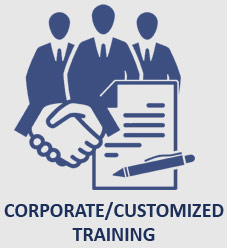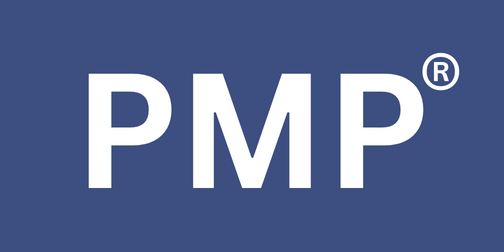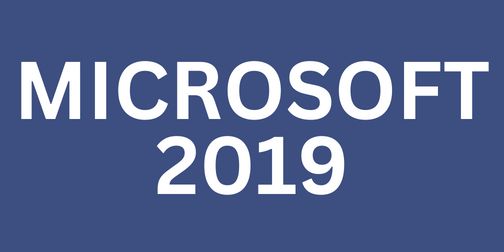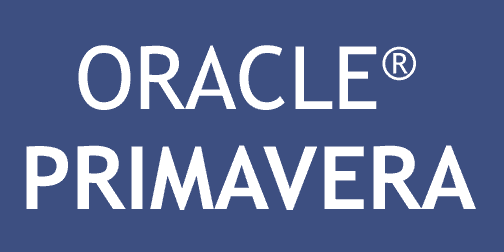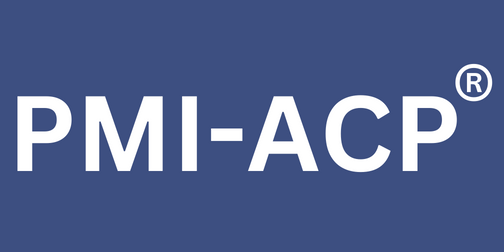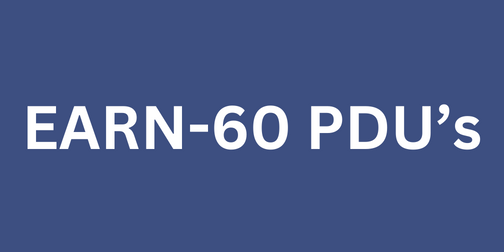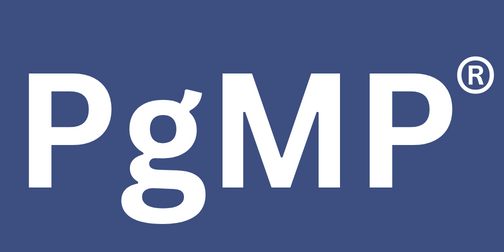
Time Management Techniques for Busy Project Managers
Posted On June 12, 2024 - 16:29 PM
Have you ever felt that there aren't enough hours in a day to accomplish everything on your list, deadlines loom large, and interruptions threaten to derail your focus? For many project managers, this is their daily reality - but wouldn't it be great if you could take back control and achieve more with less stress?
Poor time management can have a devastating impact on your projects. Missed deadlines lead to disappointed clients and stakeholders; an unorganized workflow creates confusion for your team and hinders progress; constantly feeling overwhelmed can result in burnout, threatening your well-being and career prospects.
Effective time management techniques can provide a way out. By employing these strategies, you'll experience increased productivity, reduced stress levels and an enhanced sense of control.
The Importance of Time Management for Project Managers
Project managers face unique time management challenges. You must manage multiple projects simultaneously, manage teams with diverse skill sets and continually overcome unexpected roadblocks. Your ability to prioritize tasks efficiently, manage schedules effectively, and stay focused is crucial to meeting project goals on time and within budget.
Effective time management can play an essential role in your career advancement. By meeting project deadlines and surpassing expectations, you demonstrate your leadership capabilities and pressure-handling abilities - opening doors to new opportunities and encouraging professional growth.
Top Time Management Techniques for Project Managers
Prioritization Frameworks
Are You Overwhelmed By an Endless To-Do List? Take Charge with Prioritization Frameworks. These tools enable you to prioritize the most essential tasks and manage your time effectively.
The Eisenhower Matrix, commonly referred to as the Urgent-Important Matrix, is an effective framework. It classifies tasks based on urgency (imminent now versus not immediate), importance (contributes to long-term goals versus not important), reliability (urgent yet not important tasks) or elimination altogether (neither urgent nor important tasks). This matrix creates a clear picture of which tasks need your immediate attention (urgent and important tasks), what tasks can be scheduled later (important but not urgent), delegated (urgent but not important tasks), or eliminated (neither urgent nor important tasks).
There are other valuable frameworks to explore:
The ABC (Activity-Based Costing) method: This strategy prioritizes tasks according to their cost-effectiveness. Categorize tasks as A (high cost/high impact), B (medium cost/medium impact) or C (low cost/low impact) according to their cost and effect, then start prioritizing those A tasks over those B tasks, outsourcing or eliminating C tasks if possible.
The MoSCoW method (Must-Have, Should-Have, Could-Have and Won't-Have): This technique identifies project deliverables based on their necessity, prioritizing those essential for project completion over those not as crucial; for instance Must-Have features may be essential, Should-Have features may be important but flexible while Could-Have features are desirable but not critical - however certain features may have to be sacrificed due to budget or time restrictions - while Won't-Have features may need be sacrificed due to budget or time restrictions.
Use these frameworks to make informed decisions about how best to spend your time, ensuring you put effort toward what truly matters.
Planning and Scheduling Techniques
Maintaining control of your project schedule is vital to effective time management. Here are some strategies you may want to employ:
Realistic Project Schedules: Unrealistic project schedules don't work. Create a realistic project plan that takes into account task dependencies, resource limitations and potential roadblocks. Tools like Gantt charts provide visual representations of this timeline, while work breakdown structures (WBSs) help simplify complex projects into manageable chunks of tasks to ensure accurate scheduling.
Timeboxing: Are tasks taking forever to complete? Timeboxing can help. This technique involves allocating specific time slots for tasks - for instance, setting aside 60 minutes specifically to complete reports without distraction. Timeboxing promotes efficiency and helps keep you on the right path.
Project Management Software: Save yourself the trouble. A variety of project management software options, such as Asana, Trello or Monday.com, can simplify scheduling and task tracking. With features for creating project plans, assigning tasks, collaborating with your team members on projects, and monitoring progress, these resources allow you to manage projects effectively and efficiently while freeing up valuable time for you and your team members.
Focus and Productivity Hacks
Staying focused in today's constant distractions can feel like an uphill battle. But fear not, project managers. Here are some hacks to boost your concentration and achieve peak productivity.
The Pomodoro Technique: Ever feel overwhelmed by a large task? The Pomodoro Technique can be your saviour. This method involves working in focused 25-minute intervals, called Pomodoro, separated by short breaks (typically 5 minutes). The key is to completely focus on the task at hand during the Pomodoro. This structured approach helps you maintain concentration and avoid mental fatigue.
Minimize Distractions: Constant interruptions are productivity killers. Batch your emails, checking them at designated times instead of letting them constantly ping. Turn off notifications on your phone and computer. Schedule focused work sessions where you silence distractions and dedicate yourself to specific tasks.
Don't Forget the Breaks: Taking breaks isn't a sign of laziness; it's essential for maintaining focus and well-being. Step away from your screen, stretch, grab a healthy snack, or chat with a colleague. These short breaks can improve your concentration and prevent burnout in the long run.
By implementing these techniques, you'll be amazed at how much more you can accomplish while feeling refreshed and energized.
Effective Communication and Delegation
Clear communication is the cornerstone of effective time management. Misunderstandings with stakeholders or team members can lead to wasted time, rework, and missed deadlines.
Regular Communication: Schedule regular meetings or updates to keep stakeholders informed of project progress and address any concerns promptly. Encourage open communication with your team, fostering an environment where they feel comfortable asking questions and raising issues.
The Power of Delegation: Don't try to be a superhero. Delegation is key to maximizing your time and empowering your team. Identify tasks that can be effectively delegated based on team members' skillsets and experience. This frees you to focus on higher-level priorities while fostering a sense of ownership and accountability within your team.
Effective Delegation Techniques: Don't just dump tasks; delegate effectively. Clearly explain the task, desired outcome, and deadlines. Ensure your team member has the necessary resources and support to succeed. Regularly check in to offer guidance and address any roadblocks. By empowering your team, you'll achieve greater results and free up your own time.
Tools and Resources for Project Managers
Equipping yourself with the right tools can significantly enhance your time management skills. Here are some resources to consider:
Project Management Software: Streamline your workflow with project management software like Asana, Trello, or Monday.com. These tools offer features for creating project plans, assigning tasks, collaborating with your team, and tracking progress in real-time.
Time Tracking Tools: Gain valuable insights into your time allocation with tools like Toggl or Harvest. Track the time you spend on different tasks to identify areas for improvement and ensure you're focusing on high-impact activities.
In addition to software, explore online resources like project management templates and online courses. These can provide valuable guidance and expand your knowledge base. Remember, effective time management is a journey, not a destination. Keep learning, experiment with different techniques, and find what works best for you.
Conclusion
Feeling overwhelmed? Take control of your time with effective time management techniques. This blog post explored powerful strategies to help you prioritize tasks, create realistic project schedules, and maintain focus throughout the workday.
By implementing these techniques, you'll experience a multitude of benefits. You'll achieve greater productivity, reduce stress, and ensure your projects are delivered on time and within budget. Remember, effective time management is an ongoing process. Experiment with the different prioritization frameworks, scheduling tools, and focus hacks mentioned above. Find what works best for you and share your experiences with other project managers. Together, we can all become time management ninjas and lead our projects to success. Now, go forth and conquer your to-do list.
Check out this blog : Agile vs Waterfall: Which Will Lead Your Projects to Victory?











